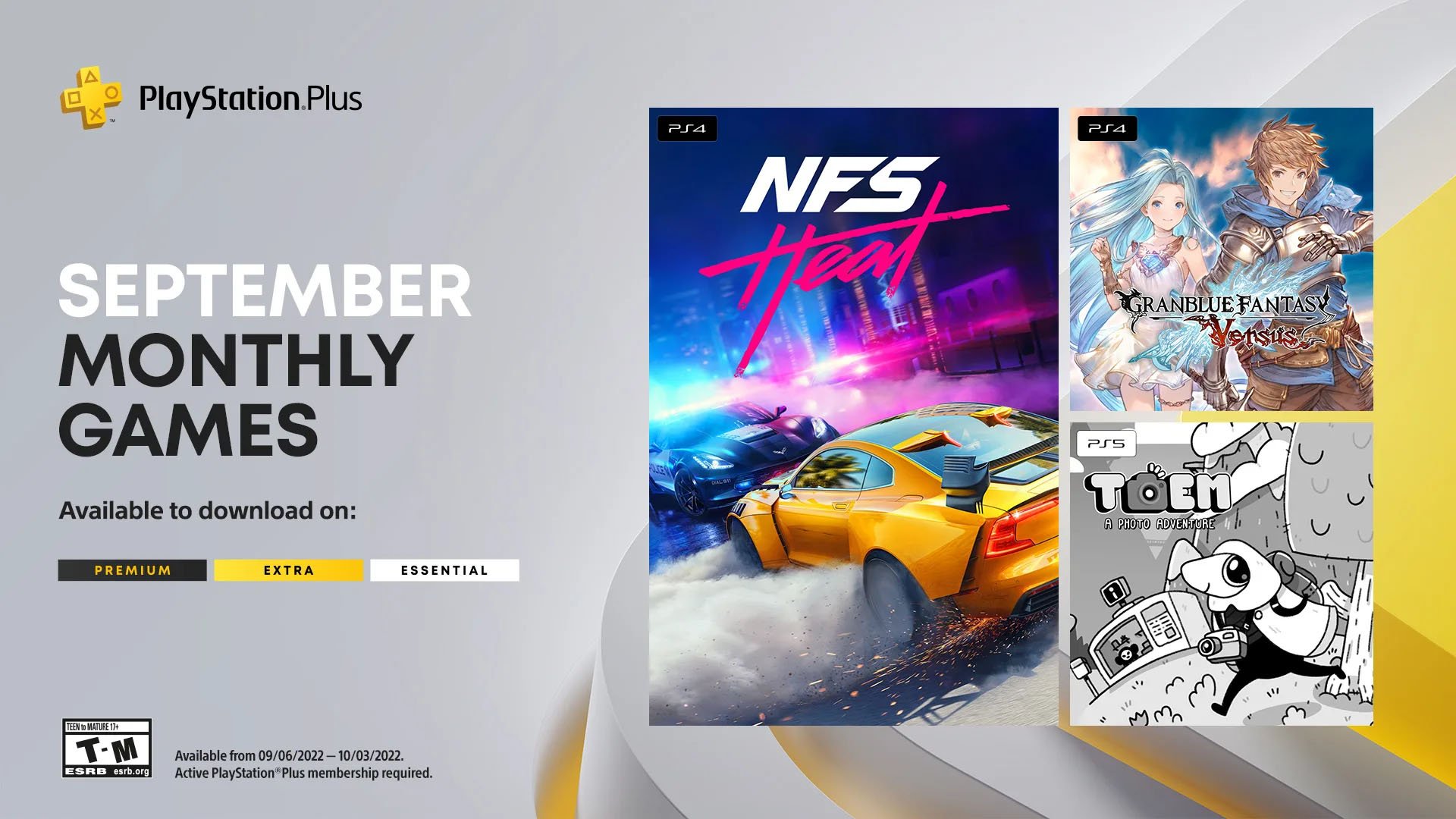The Evolution of Online Gaming Subscriptions
Gaming has shifted significantly since the introduction of online multiplayer capabilities. While online access was initially offered for free by companies like Sony and Microsoft, paid subscription models have taken hold across console platforms. These subscriptions provide benefits to users but also introduce limitations without recurring fees. Meanwhile, the PC gaming ecosystem has developed alternative approaches due to marketplace competition. As online gaming continues to grow in importance, the balance between open access and paid features remains an ongoing discussion across the industry.

The Rise of Subscription-Based Online Gaming on Consoles
When online multiplayer was first introduced on consoles like the original PlayStation and Xbox in the late 1990s-early 2000s, access to these new capabilities was provided at no additional cost. However, as internet connectivity became more ubiquitous and online communities flourished, companies saw an opportunity to generate recurring revenue streams. Sony launched PlayStation Plus in 2010, requiring a subscription for access to online multiplayer and offering “free” games each month. Microsoft followed suit with Xbox Live Gold. While initially met with backlash, these services now boast over 100 million subscribers combined, generating billions annually.
Benefits and Limitations of Paid Online Access
Subscriptions provide clear value to users through cloud saves, “free” game downloads each month, and exclusive sales. However, limitations are also imposed without recurring fees. Multiplayer is often blocked on subscription-reliant titles, and lapsed members lose access to accumulated “free” games until renewing. For many core gamers who favor online experiences, subscriptions are now an accepted cost of modern console gaming. But restrictions can irritate players if unexpected outages lock them out of purchased games.
Open Competition Shapes the PC Gaming Model
Unlike consoles with centralized platforms, the PC market features open competition between stores like Steam and Epic Games. If one retailer attempted to fully lock online access behind a subscription, consumers could easily migrate elsewhere. Additionally, many multiplayer PC titles operate through their own independent launchers and business models rather than storefront subscriptions. While certain genres like massively multiplayer online role-playing games (MMORPGs) rely on subscriptions, open competition prevents a universal paid model for basic online access from taking hold on PC.
Impact on Player Behaviors and Developer Strategies
Subscription costs are a consideration for many consumers in deciding which games to purchase based on preferred genres. Players aiming to avoid recurring fees may gravitate towards single-player or less subscription-reliant multiplayer experiences. This dynamic could discourage developers from becoming overly dependent on subscription models, especially for niche audiences less receptive to paid online access. However, blockbuster franchises and genres proven to sustain subscriber bases like shooters face fewer constraints in their monetization approaches. Developers must also weigh platform differences, as subscription limitations don’t applies across PC storefronts. Titles intended for wide release normally avoid overly restrictive DRM or online requirements tied to individual platforms or subscriptions. But exclusive console releases can leverage paid features to boost value for subscribed users and potentially drive new subscriptions. Overall, the balance between open access and paid features influences both consumer choices and how developers approach genre selections and monetization strategies.
Evolving Consumer Preferences
Subscriber bases for services like PlayStation Plus and Xbox Live Gold remain sizable due to the value of “free” games and other perks. However, optional alternatives are popular as well among certain demographics. Games with unrestricted online access and no subscriptions have proven commercially viable on consoles through cosmetic microtransactions and season passes. Meanwhile, free-to-play titles dominate mobile markets through optional purchases. These models indicate preferences are evolving away from standard subscription-only approaches, particularly as online access becomes expected rather than a paid premium feature. Younger audiences growing up with digital distribution and mobile gaming may also view subscriptions differently than those who remember a time before robust online ecosystems. If basic multiplayer access continues shifting towards an expectation rather than paid extra across all platforms, subscribers could decline over the long term for console-makers relying on subscriptions as lynchpins of their businesses. Adaptability will be key, as open competition and alternative models pressure legacy subscription-first approaches.
Charting an Uncertain Future
The balance between subscription-based, freemium, and unrestricted models remains in flux as online gaming grows in importance across all platforms. Console makers benefit greatly from the recurring revenue and platform control enabled by subscriptions. However, open structures like PC storefronts prove highly lucrative as well through alternative approaches. Certain genres like MMOs demonstrate a willingness to pay persists among dedicated subscriber bases. But restrictions that irritate players could see preferences continuing to trend away from subscriptions as primary access mechanisms industry-wide over the long run. Platform holders and developers must thoughtfully consider user preferences, competitive forces, and the relative benefits of different monetization strategies. Revenue potential remains high whichever paths are chosen, but closed subscription-first models risk alienating players empowered by alternative options. An optimal balance of access, value adds, and business viability will differ based on settings. Overall, no single dominant structure has clearly emerged - ensuring an ongoing evolution shaping the future of online play.
 Experiencing Different Game Controllers – The Pros and Cons of Each Option
Experiencing Different Game Controllers – The Pros and Cons of Each Option